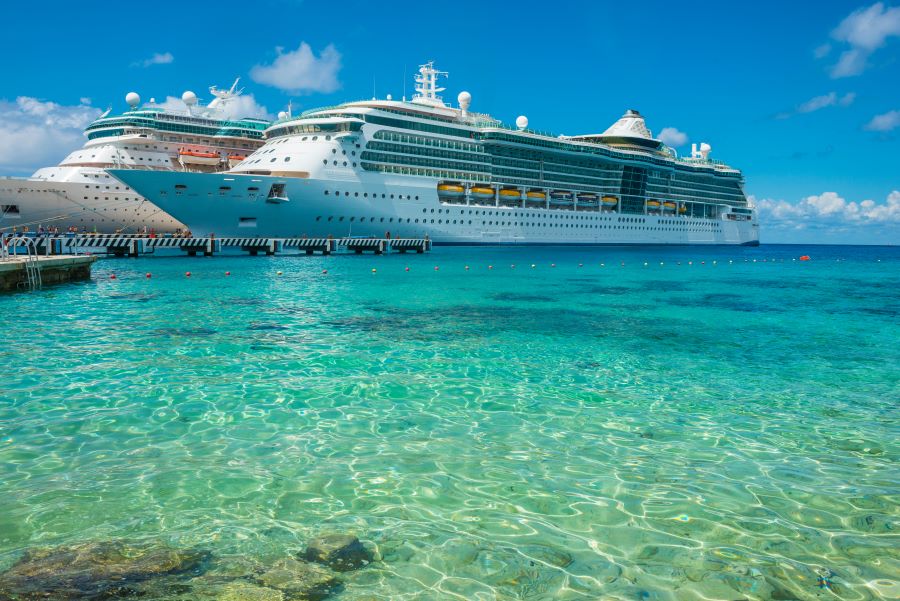Working on a Cruise Ship: Roles, Requirements, and Life at Sea
Working on a cruise ship offers a distinctive combination of work, travel, and life aboard a mobile community. For many, a cruise job provides steady employment while visiting multiple countries, but it also requires adapting to compact living quarters, long shifts, and maritime regulations. This article outlines common roles, entry requirements, daily life, and practical tips for pursuing a career at sea.

What roles exist on a cruise ship?
Cruise ships employ hundreds to thousands of staff across hospitality, entertainment, technical, and medical departments. Typical roles include cabin stewards, chefs, bartenders, housekeepers, entertainers, youth program staff, and deck or engine crew. Corporate-like functions—such as human resources, finance, and IT—also exist on larger vessels. Many positions require hospitality experience, language skills, or technical training; junior roles can be entry points for applicants with customer-service backgrounds. Understanding department structure helps you target applications to roles that match your skills and career goals.
How do ship departments differ?
Departments on a ship function much like those in hotels, ports, or factories but are adapted to a floating environment. The hotel department focuses on guest services, dining, and housekeeping. Entertainment and youth activities manage programming and guest engagement. The marine or technical department keeps propulsion and safety systems running. Shore operations and logistics coordinate supplies and port calls. Each department follows strict safety and operational procedures; teamwork and clear communication are essential because the whole ship relies on coordinated efforts during daily operations and emergencies.
What is life at sea like for crew members?
Life at sea mixes routine workdays with the unique rhythms of port calls and open-ocean travel. Crew live in shared cabins, use communal dining areas, and follow schedules that balance shifts and rest periods. Free time typically revolves around meal breaks, scheduled days off in port, and onboard facilities like gyms or crew lounges. Isolation from family and limited privacy are common trade-offs, as are the benefits of steady meals, accommodation, and travel. Mental resilience, respect for diverse cultures, and good interpersonal skills help crew manage long contracts and maintain wellbeing during extended periods away from home.
How does travel affect work schedules and logistics?
Travel is central to cruise operations and shapes contracts, visas, and shore leave. Contracts often last several months, with rotations that require travel to and from the ship at contract boundaries. Crewmembers must have valid passports and may need multiple-entry visas or specialized seafarer documents depending on the ship’s itinerary. Logistics like baggage, medical checks, and embarkation briefings are routine before joining. Weather, port strikes, or itinerary changes can alter schedules, so flexibility and clear communication with employers are important. Employers typically coordinate travel to ensure crew arrive in time for safety training and boarding procedures.
How to find and prepare for a cruise job?
Start by identifying the roles that match your experience and qualifications, then pursue relevant certifications and training. Many cruise lines require the STCW basic safety certification, and some positions expect food-handling or hospitality certificates. Use official cruise line career pages, maritime crewing agencies, and specialized seafarer job boards to find openings; local maritime training centers and vocational programs can offer practical preparation and networking. Create a concise CV that highlights hospitality, multilingual ability, or technical skills, and prepare for phone or video interviews that test customer-service scenarios and cultural fit.
Conclusion
A career on a cruise ship combines practical work skills with the chance to experience international travel and a unique onboard community. Success depends on realistic expectations about living conditions, adherence to maritime safety and documentation requirements, and an ability to work collaboratively within structured departments. Whether aiming for entry-level hospitality roles or technical marine positions, focused preparation—certifications, targeted applications, and adaptability—can make a cruise job a viable and rewarding path for those interested in life at sea.






